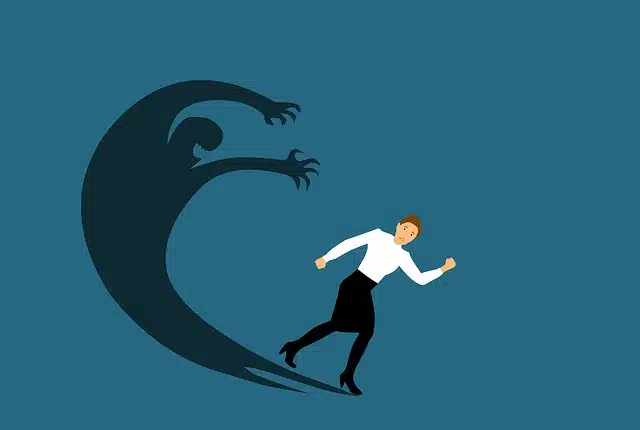
Remorse is linked to something from the past that torments or causes anguish in the present.
Remorse is a feeling that a person experiences when they believe that they have not acted correctly . It is a feeling of guilt or discomfort that persists after one's own action that is judged to be negative or harmful.
For example: “I know that I treated you badly: I apologize, I can't take this remorse anymore” , “The murderer did not show any remorse in court” , “I feel remorse because I made Lucía suffer” .
Remorse, associated with something from the past
Linked to regret , remorse is always associated with something from the past. It may be an action that the person actually performed or even something that was not done or said at the right time. The subject, with the passage of time, makes a different analysis of the events and begins to experience remorse, despite receiving opinions from third parties who seek to help him overcome guilt.
From the previous paragraph an interesting distinction emerges between the two possible causes of regret: having done something, or not having done it. Lack of self -confidence is one of the reasons why many people fail to make a decision in time when faced with the most important moments in their lives, and this can lead them to feel bad for not having acted. The cycle of regret that results from such a situation can be even worse than that associated with having done wrong.

Remorse is related to guilt.
An example
Suppose a man had a bad day at work and when he gets home he yells at his wife because the woman forgot to buy him something he asked for. As the hours pass, upon noticing that his wife is distressed by the abuse, the man begins to feel remorse and understands that he acted wrongly, passing on the consequences of the work problems to his partner.
In general, remorse makes it possible to promote a modification of behavior and, in many cases, to repair the damage caused. If we return to the previous example, the man has time to apologize to his wife and compensate her with some affectionate gesture for what he did. At the same time, you can learn the lesson and separate, from now on, work conflicts from what happens at home.
Remorse of conscience
There is a concept called remorse of conscience , which consists of the inability of an individual to overcome a mistake due to constantly reminding themselves of it, to the point of turning their life into a true hell and blocking their own emotions. It is a phenomenon that can paralyze a person's reality and, consequently, prevent them from achieving happiness, which is why it is very important to overcome it.
It all begins when, for certain reasons that vary in each subject, we feel that our faults are unforgivable, that no one around us can make such serious mistakes, and that we do not deserve forgiveness. This may be related to the search for perfection, another problem that causes unhappiness for many people: just one setback is enough for them to believe that they have already lost the possibility of achieving it and they become frustrated .
Remorse is usually related to having disappointed a third party; Even when we believe this is not the case, it is likely that another person's expectations have led us to feel guilty for not having lived up to them. Many times it is parents, or older siblings, since these are usually figures who impose a series of demands on us in life, who expect a lot from us without asking us who we want to be; Remorse rarely appears in those who have been ignored, since they cannot let anyone down.
